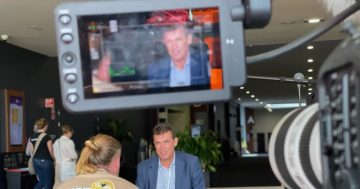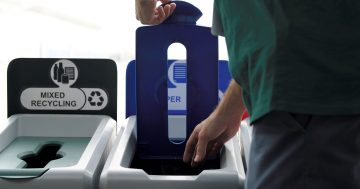 The Australian Nuclear Science and Technology Organisation (ANSTO) has launched a new research project to evaluate the impact of nanomaterials on people’s health and the environment.
The Australian Nuclear Science and Technology Organisation (ANSTO) has launched a new research project to evaluate the impact of nanomaterials on people’s health and the environment.
ANSTO said nanomaterials were increasingly used in a wide range of products, including foods and food packaging.
“There is a growing regulatory need to understand the potential impacts in the whole life cycle of these materials— in particular, in terms of human health and environmental impact,” ANSTO said.
“ANSTO Human Health has embarked on a robust multidisciplinary approach to understanding such impacts, investigating a common food additive, E171 titanium dioxide, used primarily as a colouring agent in everyday foods,” it said.
“‘Nano’ forms of food additives, such as the food colouring titanium dioxide (also known as E171), can travel to parts of the body that the more ubiquitous larger particles cannot, potentially leading to a different biological impact.”
ANSTO said a ‘nano’ sized particle had a significantly higher surface area which could impact how it interacted with biological molecules.
“This nanosize could present opportunities, such as more targeted delivery of drugs, but in some cases, it could lead to detrimental effects,” it said.
“Scientists in Europe have raised concerns regarding the suitability of using E171 in food.”
It said there weren’t concerns about the known non-toxic larger ‘bulk particle’ form of E171, but there was conflicting data about the biological impact of the nanoparticle forms of E171.
ANSTO said the research brought together the different scientific fields of toxicology, materials science, radiochemistry and ion beam analysis.











